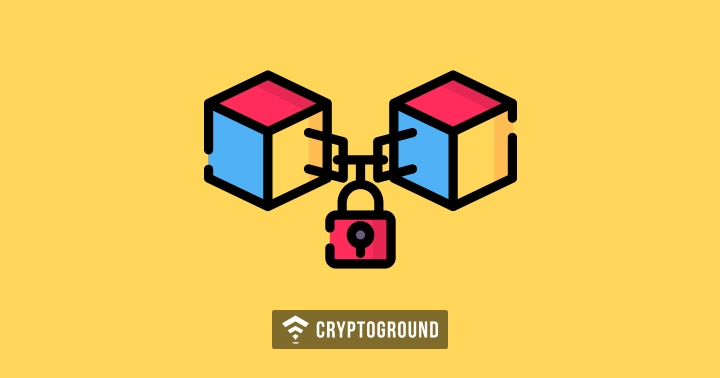Swiss-based Transoil International and Solaris Commodities have directed a blockchain pilot transaction of Black Sea wheat. The two organizations are engaged with the trading of agro products like processing wheat, vegetable oil, and flour.
The firms have executed the pilot test utilizing the blockchain-based agricultural items trading and financing platform of Swiss startup Cerealia.
Transoil and Solaris finished a deal for a 25,000 metric ton shipment of 11.5 percent protein Black Sea wheat on a FOB-stacking port premise from the Russian port city of Novorossiysk. This is the first blockchain-based trade arrangement of Black Sea wheat, while the actual financial terms of the exchange have not been unveiled.
Recommended read: Salesforce Patents Blockchain Technology to Combat Spam
By sending a blockchain-fueled stage, the group looks to limit dangers and clashes that may emerge as the innovation reportedly enhances debate settlements and checking the different phases of an exchange. S&P Global stated that an autonomous evaluator has explored all the imperative subtle elements of the trade from the blockchain and approved the smart contract, digital signatures, marked archive, and timestamps. Auditor additionally affirmed that information has been encrypted, that no other information has been put away and that all information is to the mark."
The agro and food industry is steadily grasping blockchain around the globe. Also, the world's four biggest agro organizations, normally known as ABCD, joined forces to digitize global grain trading by utilizing blockchain and Artificial Intelligence (AI) tech. Blockchain and AI will be primarily used to automate grain and oilseed post-exchange execution forms, which are a totally manual and expensive part in the supply chain industry.
In September, the Dairy Farmers of America (DFA) also aimed to enhance the food fintech industry and supply chain by collaborating startup ripe.io to pilot a blockchain-fueled venture. DFA apparently means to survey the innovation and investigate how the association can profit by its utilization.
Likewise in September, Albert Heijn, Holland's biggest general store chain, announced that it is utilizing blockchain to make the manufacturing of its orange juice more honest. The framework will allegedly store information that uncovers the quality and supportability evaluations held by different producers, and also data about the fruits, themselves.
























